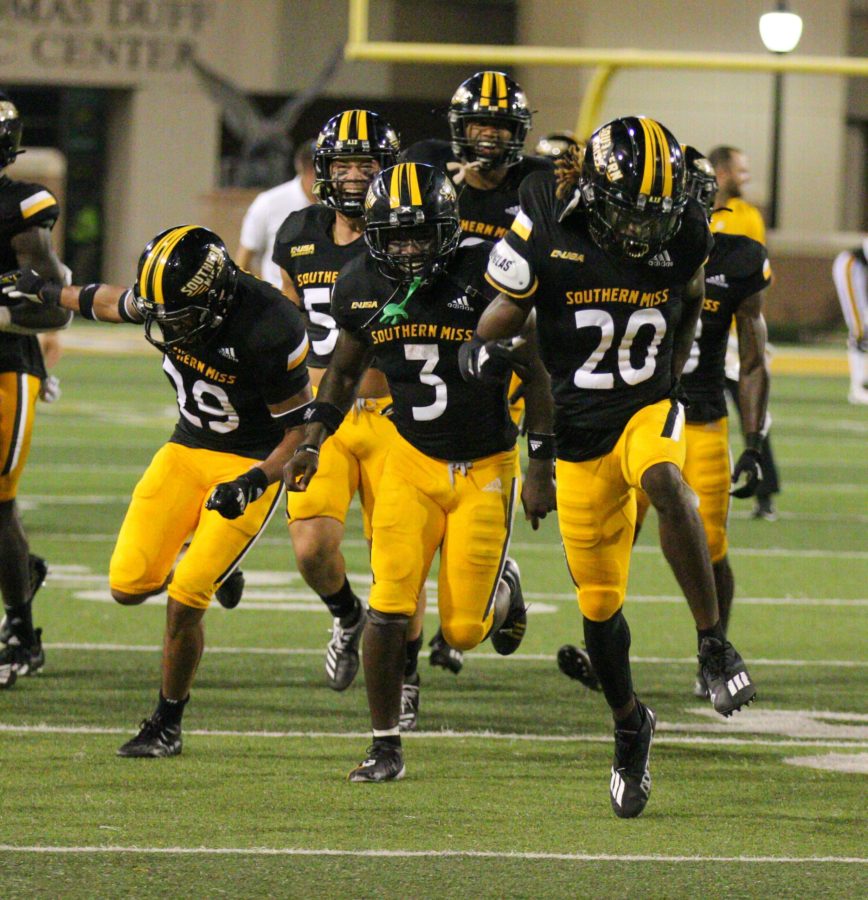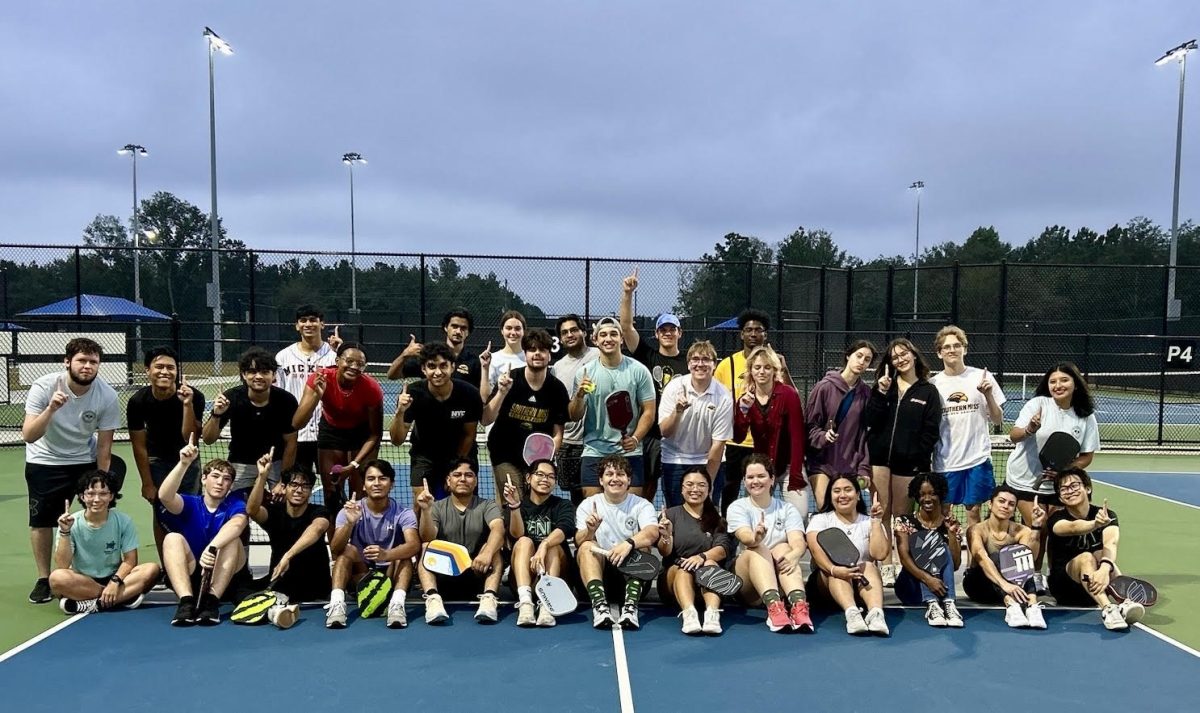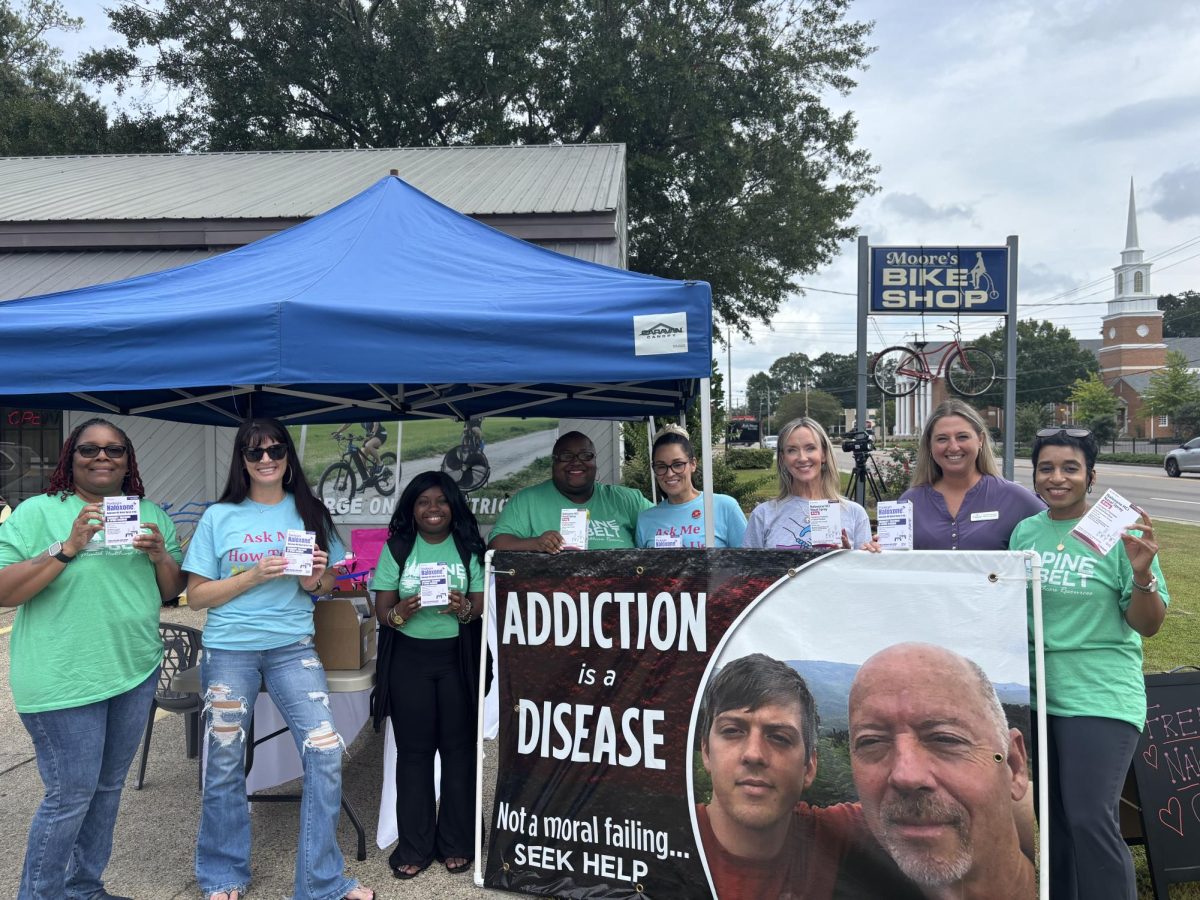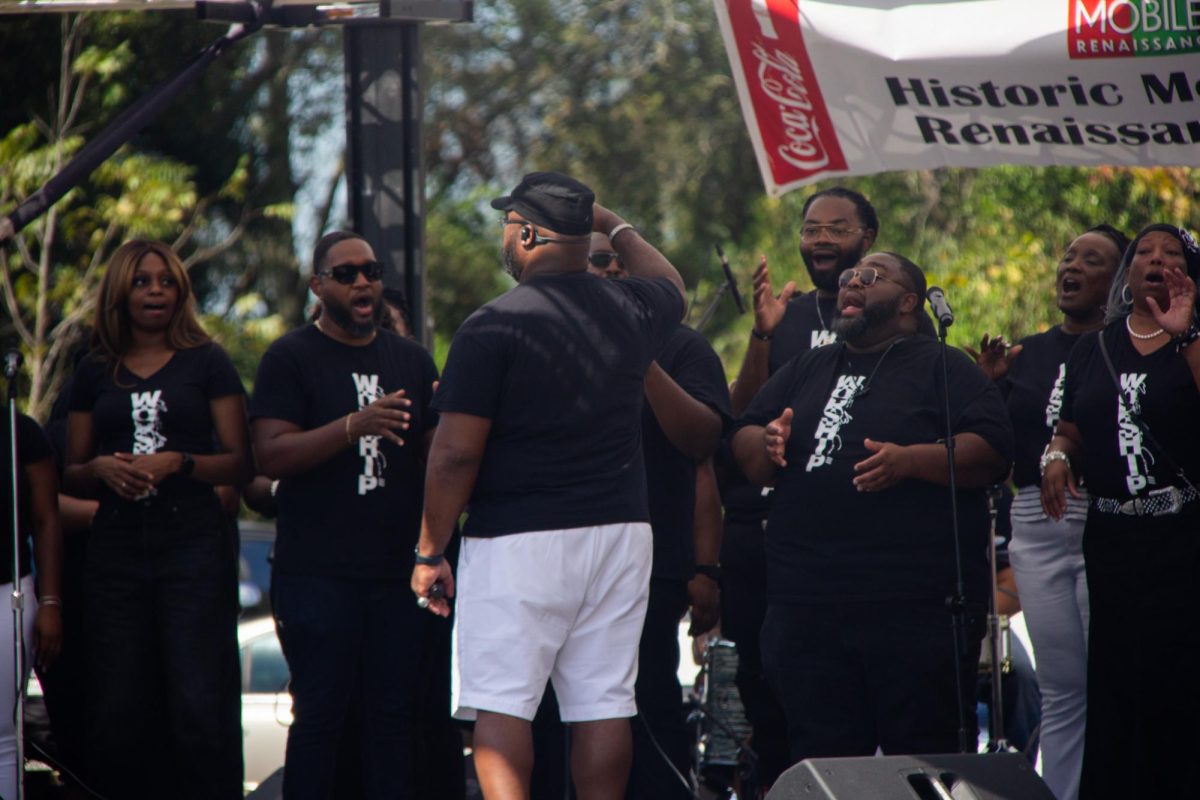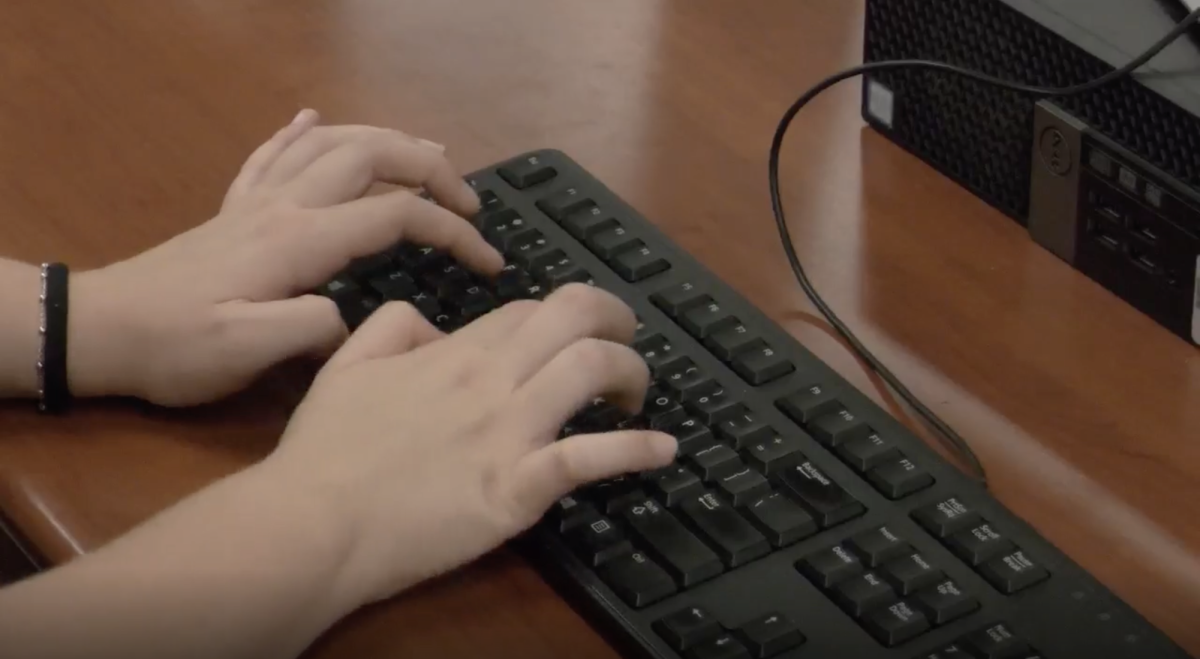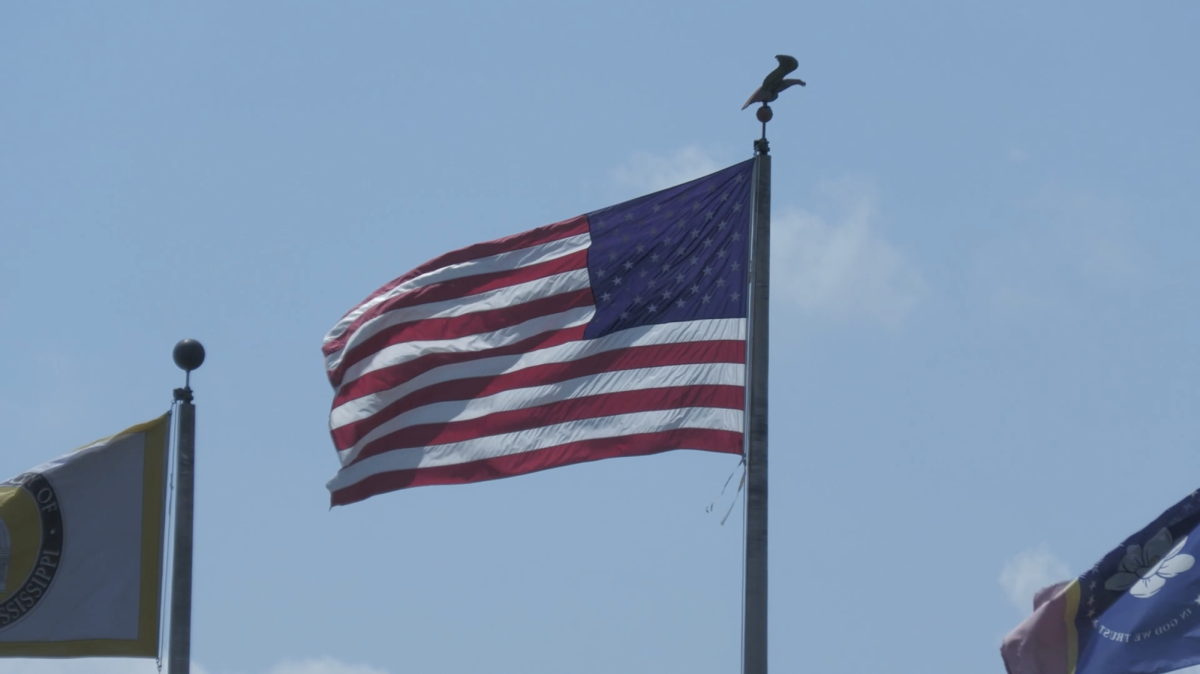Photo by: Sean Smith
Since the NCAA announced its policy change to allow student-athletes to profit from their name, image and likeness (NIL), athletes across the country, including at Southern Miss, have started cashing in.
The NCAA’s policy change came after states started to individually pass NIL legislation, including when Mississippi Gov. Tate Reeves signed such a bill in April.
In the past, student-athletes had been penalized for receiving compensation or even for promoting their brands, sparking debate on the NCAA’s control over student-athletes ’ rights. The debate escalated to the U.S. Supreme Court over the summer, when Justice Brett Kavanaugh delivered a concurring opinion on the NCAA’s power over athletes’ image.
“Nowhere else in America can businesses get away with agreeing not to pay their workers a fair market rate on the theory that their product is defined by not paying their workers a fair market rate,” Kavanaugh said. “And under ordinary principles of antitrust law, it is not evident why college sports should be any different. The NCAA is not above the law.”
Under the new rules, student-athletes can monetize their platform, whether through sponsorship or personal endeavors. Since the policy change, student-athletes have signed deals, with some football players at Power 5 schools surpassing six figures in contracts.
While deals outside of Power 5 schools are not as lucrative, Assistant Professor of Sport Management Ali Fridley says athletes in smaller schools, including Southern Miss, will still be able to benefit.
“We know that the top sponsorships are going to the most visible players at the most visible schools, but that doesn’t mean that there aren’t opportunities for everyone,” Fridley said. “I think it just depends on how much you’re willing to step outside. I think there’s a space for everyone but it requires understanding how to sell your personal brand.”
The NIL situation proved to be fluid and immediately impacted Southern Miss. Director of Athletics Jeremy McClain said around 20 athletes at Southern Miss have already signed deals.
“Out of the gate on July 1, we had a handful of student-athletes that had signed agreements, and some have been very beneficial. Some of them are in exchange for some gear or minimal like that,” McClain said.
Over the past few years, Southern Miss has used a brand management software program, INFLCR, to help student-athletes with controlling their social media accounts. McClain and the athletic department recently extended their partnership with the company to assist athletes with NIL deals and educate them on the topic. Other athletic departments have instituted similar programs to assist their student-athletes, including the University of Alabama.
“They [INFLCR] have a system in place where you go in and fill out a form if you have a potential deal coming,” McClain said. “We can review it, help make sure that there aren’t any pitfalls, so it’s all-encompassing from the standpoint of trying to help our student-athletes.”
As the athletes continue their education on the new NIL laws and deals, McClain said he eventually wants athletes to seek their own opportunities.
But as far as brand management and cultivating a following, the power lies in the student-athletes hands on how they manage their social media accounts. Fridley and McClain said they see social media as the main platform deals will be achieved and promoted through.
That has already been apparent, with multiple Southern Miss athletes sharing advertisement videos and sponsored posts on their accounts, such as running back Frank Gore Jr.’s video sponsoring a local meat market from his hometown, Miami.
McClain said that Southern Miss follows Mississippi’s NIL laws, but the NCAA has overruling guidelines. For instance, FAU quarterback N’Kosi Perry became the first NCAA athlete to sign a deal with an alcohol company on Sept. 8. Under Mississippi NIL laws, student-athletes can’t sign deals with drug, gambling and adult entertainment industries.
McClain expects the laws to change as athletic departments navigate the new challenges in their first year with the laws.
While there are concerns the new laws may cause complications, Fridley said she does not expect the NIL rules to generate as much of a stir-up as some expect after the first years. Instead, she believes it will primarily function as a way to protect athletes while they manage their brand.
“I think that some people will greatly benefit from this and others won’t, but what I think is most important is fewer people are going to get in trouble for doing something they don’t know is wrong,” said Fridley.
























